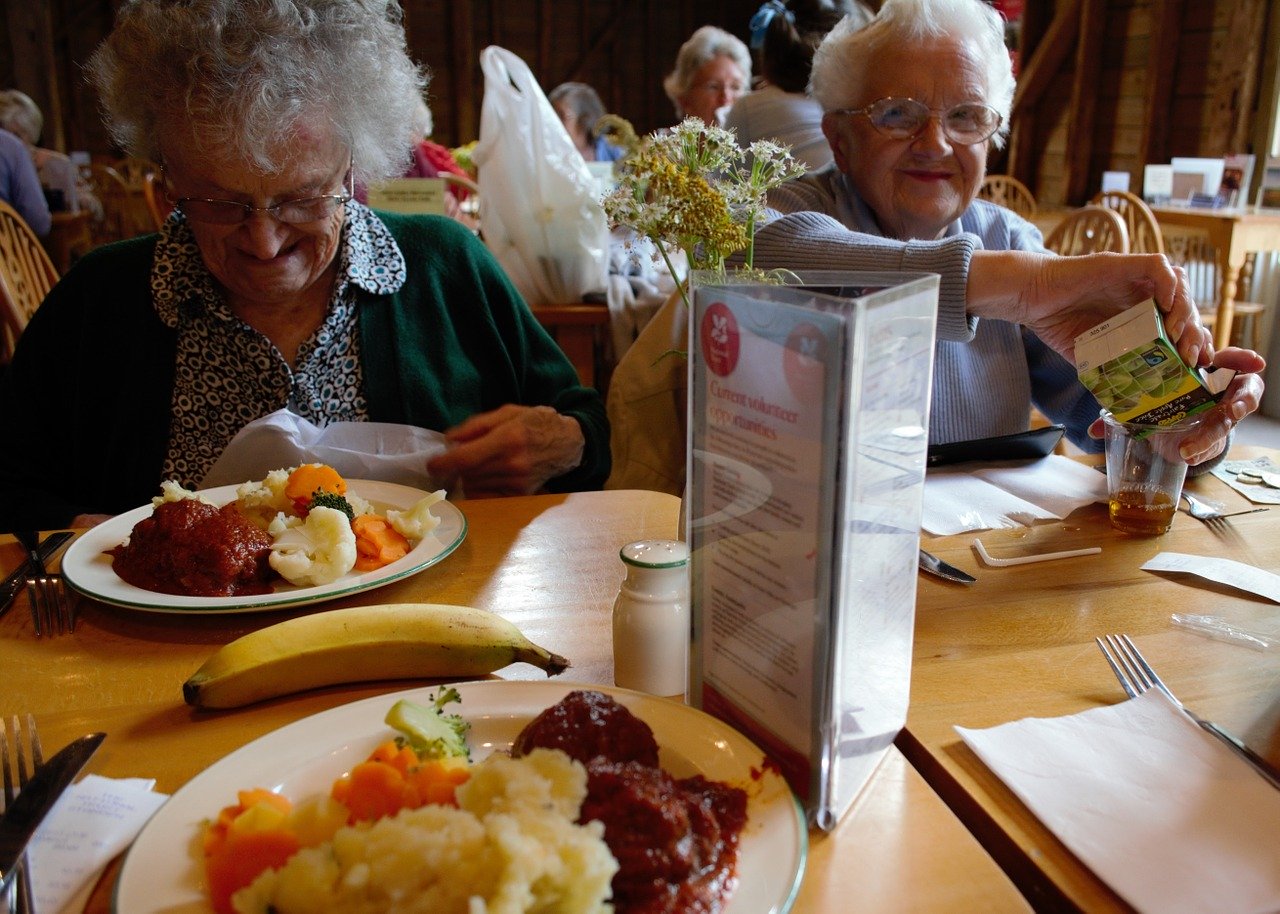In January 2019 researchers from the UK published the results of their study to assess the wider implications of feeling that the things undertaken in one’s life are worthwhile. A total of 7,304 individuals, aged 50 and above, were included in the study. Results showed that, independent of age, sex, educational attainment, and socioeconomic status, a greater feeling of a meaningful and worthwhile life was associated with stronger personal relationships (marriage/partnership, contact with friends), broader social engagement (involvement in civic society, cultural activity, volunteering), less loneliness, greater prosperity (wealth, income), better mental and physical health (self-rated health, depressive symptoms, chronic disease), less chronic pain, less disability, greater upper body strength, faster walking, less obesity and central adiposity, more favorable biomarker profiles (C-reactive protein, plasma fibrinogen, white blood cell count, vitamin D, high-density lipoprotein cholesterol), healthier lifestyles (physical activity, fruit and vegetable consumption, sleep quality, not smoking), more time spent in social activities and exercising, and less time spent alone or watching television. A further analysis indicated that these associations were not driven by factors such as prosperity or depressive symptoms, or by outcome levels before the measurement of worthwhile ratings. The researchers therefore concluded that a feeling that life is filled with worthwhile activities may promote healthy aging and help sustain meaningful social relationships and the best use of time at older ages.
Steptoe A, Fancourt D. Leading a meaningful life at older ages and its relationship with social engagement, prosperity, health, biology, and time use. Proc Natl Acad Sci U S A. 2019 Jan 22;116(4):1207-1212.

